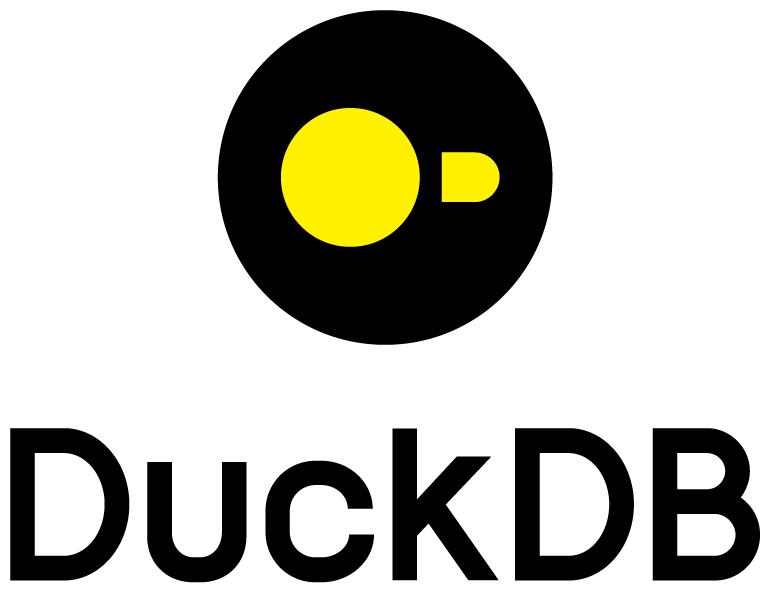Evaluate the Rhai scripting language in DuckDB
Maintainer(s):
rustyconover
Installing and Loading
INSTALL evalexpr_rhai FROM community;
LOAD evalexpr_rhai;
About evalexpr_rhai
For more information regarding usage, see the documentation.
Added Functions
| function_name | function_type | description | comment | examples | ||
|---|---|---|---|---|---|---|
| evalexpr_rhai | scalar | Evaluate a Rhai scripting language expression and return the result as JSON | NULL | [evalexpr_rhai('40 + 2'), evalexpr_rhai('[1, 2, 3].map( | x | x * 2)')] |
| evalexpr_rhai | scalar | Evaluate a Rhai scripting language expression with a JSON context object accessible as 'context' | NULL | [evalexpr_rhai('context.x + context.y', '{"x": 10, "y": 20}'), evalexpr_rhai('context.items.len()', '{"items": [1, 2, 3]}')] |
Added Settings
| name | description | input_type | scope | aliases |
|---|---|---|---|---|
| auto_fallback_to_full_download | Allows automatically falling back to full file downloads when possible. | BOOLEAN | GLOBAL | [] |
| ca_cert_file | Path to a custom certificate file for self-signed certificates. | VARCHAR | GLOBAL | [] |
| enable_curl_server_cert_verification | Enable server side certificate verification for CURL backend. | BOOLEAN | GLOBAL | [] |
| enable_server_cert_verification | Enable server side certificate verification. | BOOLEAN | GLOBAL | [] |
| force_download | Forces upfront download of file | BOOLEAN | GLOBAL | [] |
| hf_max_per_page | Debug option to limit number of items returned in list requests | UBIGINT | GLOBAL | [] |
| http_keep_alive | Keep alive connections. Setting this to false can help when running into connection failures | BOOLEAN | GLOBAL | [] |
| http_retries | HTTP retries on I/O error | UBIGINT | GLOBAL | [] |
| http_retry_backoff | Backoff factor for exponentially increasing retry wait time | FLOAT | GLOBAL | [] |
| http_retry_wait_ms | Time between retries | UBIGINT | GLOBAL | [] |
| http_timeout | HTTP timeout read/write/connection/retry (in seconds) | UBIGINT | GLOBAL | [] |
| httpfs_client_implementation | Select which is the HTTPUtil implementation to be used | VARCHAR | GLOBAL | [] |
| merge_http_secret_into_s3_request | Merges http secret params into S3 requests | BOOLEAN | GLOBAL | [] |
| s3_access_key_id | S3 Access Key ID | VARCHAR | GLOBAL | [] |
| s3_endpoint | S3 Endpoint | VARCHAR | GLOBAL | [] |
| s3_kms_key_id | S3 KMS Key ID | VARCHAR | GLOBAL | [] |
| s3_region | S3 Region | VARCHAR | GLOBAL | [] |
| s3_requester_pays | S3 use requester pays mode | BOOLEAN | GLOBAL | [] |
| s3_secret_access_key | S3 Access Key | VARCHAR | GLOBAL | [] |
| s3_session_token | S3 Session Token | VARCHAR | GLOBAL | [] |
| s3_uploader_max_filesize | S3 Uploader max filesize (between 50GB and 5TB) | VARCHAR | GLOBAL | [] |
| s3_uploader_max_parts_per_file | S3 Uploader max parts per file (between 1 and 10000) | UBIGINT | GLOBAL | [] |
| s3_uploader_thread_limit | S3 Uploader global thread limit | UBIGINT | GLOBAL | [] |
| s3_url_compatibility_mode | Disable Globs and Query Parameters on S3 URLs | BOOLEAN | GLOBAL | [] |
| s3_url_style | S3 URL style | VARCHAR | GLOBAL | [] |
| s3_use_ssl | S3 use SSL | BOOLEAN | GLOBAL | [] |
| unsafe_disable_etag_checks | Disable checks on ETag consistency | BOOLEAN | GLOBAL | [] |
